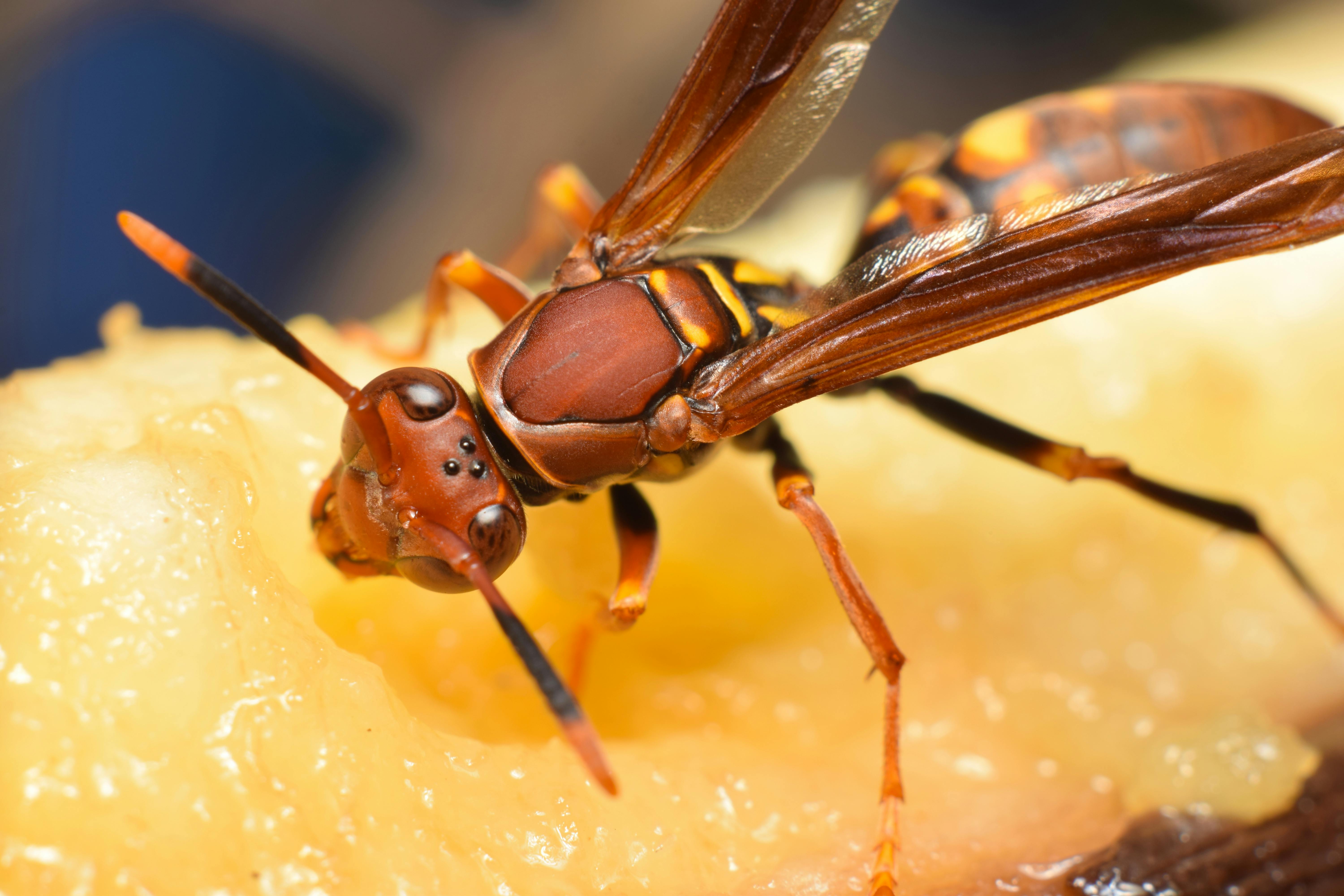Practical Ways to Optimize Your Cystic Fibrosis Diet for Better Health in 2025
Cystic fibrosis (CF) is a genetic condition impacting the lungs and digestive system, necessitating specialized dietary considerations for management. Nutrition for cystic fibrosis plays a pivotal role in maintaining optimal health and quality of life. An appropriate cystic fibrosis diet can help manage symptoms, prevent complications, and enhance growth and development, especially in children. In this article, we will explore practical approaches to optimize your cystic fibrosis diet, focusing on calorie-dense foods, hydration strategies, and balanced meal planning tailored to individual needs.
We'll discuss key topics such as the importance of high-calorie diets for weight gain, meal prep strategies, enzyme use, snack ideas, and essential vitamins and supplements. You will also learn about specific dietary restrictions that might be necessary for particular individuals. Let’s delve into how you can make informed choices for a healthier future while navigating the complexities of managing cystic fibrosis through diet.

Essential Dietary Components for Cystic Fibrosis
Understanding Nutritional Needs
The dietary needs of individuals with cystic fibrosis typically include higher caloric and protein intake than the average requirements. High-calorie diets for cystic fibrosis often contain more fats than carbohydrates to meet energy needs since the body's metabolism is generally elevated. Additionally, ensuring sufficient micronutrients, such as vitamins A, D, E, and K, is crucial for maintaining overall health when managing cystic fibrosis.
These unique nutritional requirements stem from the body's increased energy expenditure due to constant attempts to fight infections and manage respiratory complications. Therefore, a consultation with a licensed dietitian specialized in cystic fibrosis can offer personalized dietary approaches tailored to individual health goals.
Calorie-Dense Foods to Include
To enhance overall caloric intake, it is beneficial to incorporate calorie-dense foods into meals and snacks. Examples include avocados, nuts, cheese, butter, and healthy oils such as olive or coconut oil. These foods can be seamlessly integrated into meals without significantly increasing portion sizes. Regular consumption of high-protein foods, such as eggs, chicken, fish, and legumes, also supports muscle maintenance and growth.
Moreover, utilizing calorie tracking apps is an excellent method for ensuring adequate caloric intake is achieved, allowing for more awareness regarding dietary habits. This tracking can assist both patients and caregivers in managing the nutritional framework effectively.
Incorporating Enzymes and Supplements
One common aspect of managing cystic fibrosis includes enzyme replacement therapy due to pancreatic insufficiency, which is prevalent among individuals with the condition. These enzymes aid in the digestion of fats and proteins, helping to better absorb the nutrients necessary for overall health. Taking enzymes specified for cystic fibrosis during meals maximizes nutrient absorption and minimizes digestive discomfort.
For those experiencing additional nutritional challenges, vitamin supplements should be considered, especially fat-soluble vitamins. High-quality nutritional supplements and formulas can provide essential nutrients that might be missed in regular diets, contributing to better health outcomes.
Meal Planning for Optimal Nutrition in Cystic Fibrosis
Creating a Cystic Fibrosis Meal Plan
Developing a cystic fibrosis meal plan involves structuring meals that align with the dietary needs discussed. This roadmap should include high-calorie options across different food groups to ensure balanced nutrition. Meal prep techniques can enhance the convenience of maintaining a successful cystic fibrosis diet, allowing for less stress during the week while still providing nutrient-rich meals.
Additionally, the concept of meal timing is essential for energy management. Spreading meals throughout the day with small, nutrient-dense snacks can prevent energy crashes and provide consistent calorie intake. Textural preferences and easy-to-digest foods should also be considered to promote better meal compliance.
Snack Ideas for Cystic Fibrosis
Finding healthy snacks that meet nutritional requirements can enhance caloric intake effectively. Snack options could include high-protein smoothies, yogurt with added fat, trail mixes with nuts and dried fruits, and energy bars formulated for cystic fibrosis diets. These snacks not only add variety to the diet but also assist in weight management strategies for those struggling with weight gain.
It's advisable to keep snacks portioned and accessible to promote regular eating habits. This approach ensures individuals are continually meeting their energy needs despite busy schedules.
Exploring Cooking Methods for Cystic Fibrosis
Adopting diverse cooking methods can enhance nutrient retention while making meals enjoyable. Steaming or grilling vegetables and proteins helps preserve their nutritional value, while slow-cooking can tenderize tougher cuts of meat, making them more palatable. Additionally, experimenting with seasonings and spices can invigorate meals and make them more appealing, particularly for picky eaters.

Managing Dietary Challenges in Cystic Fibrosis
Addressing Food Intolerances and Allergies
Many individuals with cystic fibrosis experience food intolerances or allergies, such as lactose intolerance, which necessitates a careful examination of food choices. Lactose-free dairy alternatives may be used in place of regular dairy products to mitigate digestive discomfort. Additionally, exploring gluten-free food options might be beneficial for those who react negatively to gluten.
Awareness of these individual dietary restrictions is essential for maintaining health and well-being. Collaborating with healthcare professionals can help in formulating a customized meal plan that supports both nutrition and comfort.
Behavioral Change for Healthy Eating
Implementing dietary changes can often be regarded as challenging, but slight adjustments and education can significantly impact long-term adherence. Families can support these lifestyle changes by involving children and young adults in meal prepping and cooking, enhancing both culinary skills and interest in food.
Motivational support systems, such as community engagement, can foster positive attitudes towards dietary choices. By prioritizing fun meals and food exploration, families can create a supportive environment conducive to healthy eating habits.
Community Support for Cystic Fibrosis Nutrition
Engaging with community groups and social media platforms can provide valuable resources for families navigating the specific dietary needs of cystic fibrosis. Support groups often share successful recipes, cooking classes, and meal prep strategies that can ease the burden of dietary management.
Participation in local events, health fairs, or workshops dedicated to cystic fibrosis can also enhance knowledge and provide a platform to share experiences with others facing similar challenges, ultimately improving health literacy within the community.
Common Questions About Cystic Fibrosis Diet
What are the key dietary considerations for cystic fibrosis?
Individuals with cystic fibrosis should focus on high-calorie, high-protein foods, incorporate supplements as necessary, and maintain hydration. It's also vital to include adequate fat-soluble vitamins and regular enzyme intake during meals for optimal digestion.
How can parents support their children’s cystic fibrosis nutrition?
Parents can facilitate a successful diet by engaging children in meal planning and preparation, offering an array of appealing high-calorie snacks, and working closely with healthcare professionals to tailor meal plans suited to their child’s individual needs and preferences.
What if someone struggles with weight gain despite following dietary guidelines?
If weight gain is an issue, revisiting the meal plan with a registered dietitian can help identify necessary adjustments. Incorporating calorie-dense foods and regular caloric monitoring can assist in ensuring nutritional needs are met. Supplements may also be considered as nutritional assistance.
For more information on how to tailor your cystic fibrosis diet and explore further dietary strategies, please refer to these [<Link to topic 1](https://foodfix.info/?p=1543)] and [<Link to topic 2](https://foodfix.info/?p=1538)].
